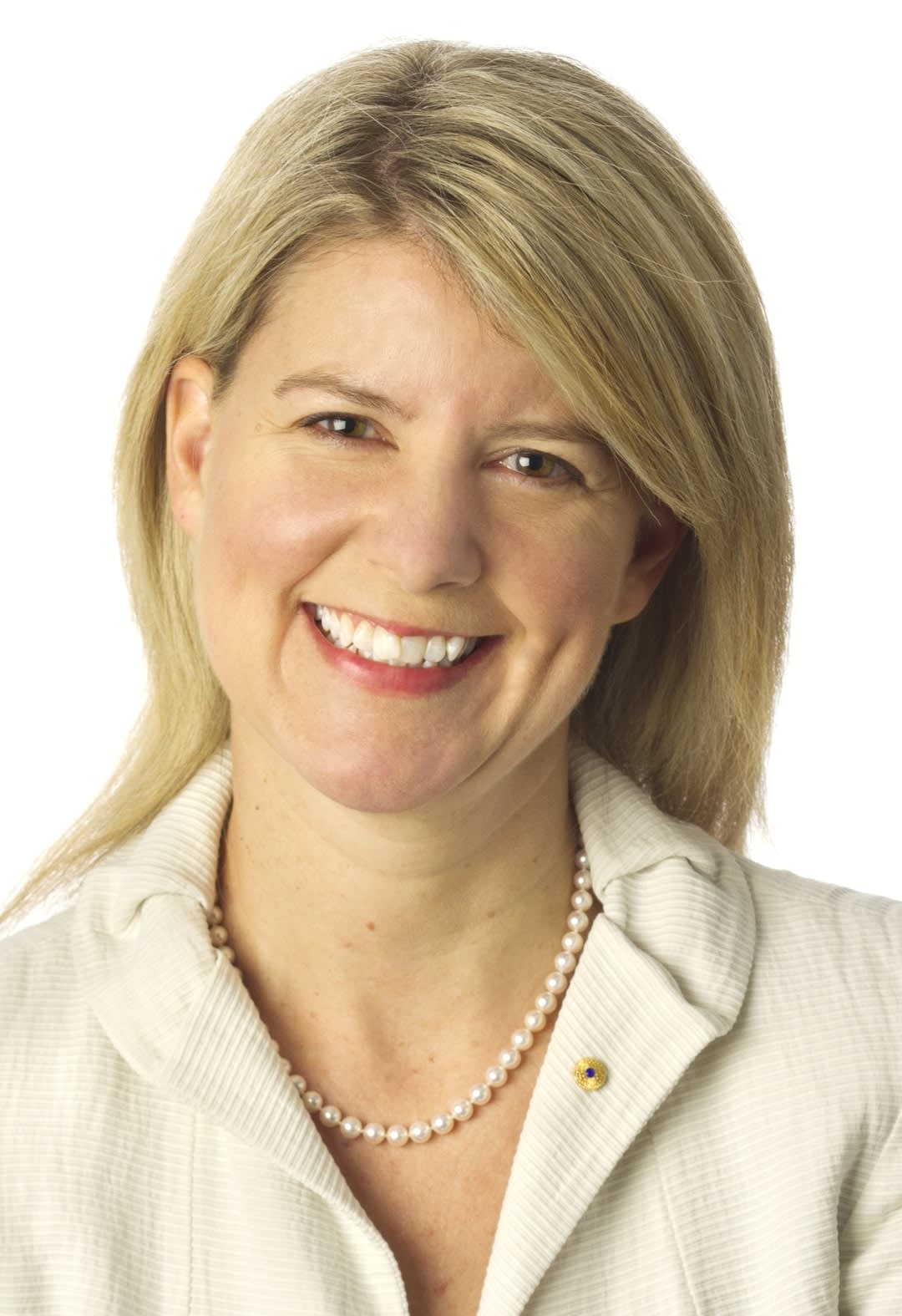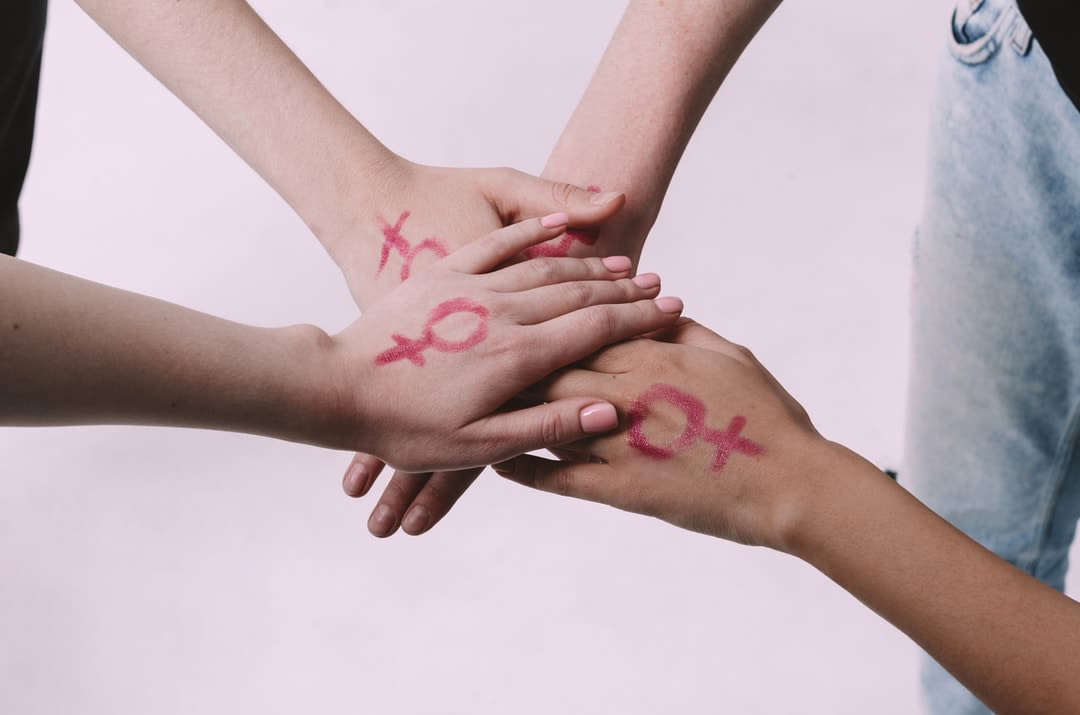International Women’s Day recently symbolised the ongoing journey towards eliminating all forms of discrimination against women and girls. But in celebrating the progress in women’s rights, we must recognise the institutions that have pushed for gender equality on an international scale.
The Convention on the Elimination of All Forms of Discrimination Against Women (CEDAW) was adopted by the United Nations General Assembly in 1979, and ratified in 1981. The CEDAW was developed in the 1960s and 1970s in response to the growing awareness of the discrimination faced by women, limiting the enjoyment of their human rights.
It determines that it’s a state’s responsibility to ensure women aren’t discriminated against. The CEDAW committee monitors state compliance with the convention through periodic reporting. It’s made up of 23 gender experts who assess state and non-governmental organisation reports on the condition of women in each country, and the measures that have been implemented to progress gender equality.
Australia has much to celebrate this year, as for the first time in almost 30 years an Australian has been elected to the CEDAW committee.
Natasha Stott Despoja follows in the footsteps of Elizabeth Evatt, who was the last Australian member of the committee, from 1984 to 1992. Stott Despoja will be a member for four years, and is the only representative from the Oceania region.
Australia has won a #CEDAW seat! My heartfelt thanks to many, especially @MarisePayne for championing this bid and to wonderful civil society. I thank Member States for their votes. I pledge to serve with independence, diligence and compassion. It’s an honour to follow Elizabeth Evatt.
— Natasha Stott Despoja (@NStottDespoja) 9 November, 2020
She brings a wealth of experience to the role as a former South Australian senator for the Democrats from 1995 until 2008, founding chairperson of Our Watch, the national violence against women prevention agency, and the Australia board director of Global Citizen.

Throughout multiple sessions over the next four years, it will be Stott Despoja’s role to review the state reports submitted to the committee. Reports must cover the legislative, judicial, administrative, or other measures adopted by the state, and any significant developments in gender equality that have occurred since its last report, usually four years prior. These reports should also discuss difficulties in implementing gender equality measures.
The committee also receives “shadow reports”, compiled by international and local non-governmental organisations (NGOs). These reports serve the committee by providing further information regarding national governments’ progress in eliminating discrimination against women, including highlighting areas of government neglect or “policy failure”.
They examine the experiences of diverse groups of women and girls in each country, as well as the local, state and national government policies that either promote or hinder gender equality. Recommendations are made by the committee in the form of “concluding observations”. These highlight specific areas on which a state should focus. Several of these recommendations in the past highlighted global or cross-border issues, such as sex trafficking, and violence against women.

International Women’s Day coincided with the conclusion of the 78th session, in which Denmark presented its ninth periodic report.
Denmark highlighted its progress in the areas of parental leave and its legislation on gender-based violence, encompassing psychological violence in relationships. It recognised the need for greater inclusion of women in management and decision-making roles. It has sought to remedy this underrepresentation through the introduction of quotas and sanctions for companies that don’t comply.
However, the shadow reports, presented by a number of NGOs, including Amnesty International, Women’s Council Denmark and Disabled People’s Organisation Denmark, tell a slightly different story.
The most prominent criticism was the lack of attention given to migrant women in Danish legislation. Migrant women in Denmark are offered fewer protections, especially in circumstances of domestic violence, which is already underreported due to migrant women’s fears of their experiences being dismissed by the police and justice sector.
There was also concern regarding the lack of specific laws to protect women and girls with disabilities. NGOs called for the recognition of the difficulties faced by women with disabilities in employment, and in regard to their exposure to sexual violence, and the barriers in access to justice.
The ineffectiveness of the gender quotas
The shadow reports also criticised the ineffectiveness of the “gender quotas” since they only apply to “large” companies. Indeed, the Danish government apparently does not itself meet the quota requirements it recommends to business.
Australia should pay attention to the current CEDAW session, and our representative Stott-Despoya’s contributions to the committee recommendations.
Many of the issues raised in the Danish reports have parallels in Australia – the focus on the particular gender discrimination experienced by minority groups, including women and girls with disabilities, and Aboriginal and Torres Strait Islander women.
Refugee and asylum-seeker women were a group the committee paid attention to in Australia’s 2018 report, just as the lack of protection for migrant women in Denmark is being discussed now.
While issues such as domestic violence have received more attention in Australia in recent years, there’s major progress still to be made before our next report, due in July 2022, as the deaths of one woman each week in 2020 at the hands of an intimate partner, and the wave of recent reporting of sexual abuse make clear.
Gender equality for all women, and a world free of discrimination, is far from being reached even in the world’s most advantaged countries, as we can see from Denmark’s reporting, and the ongoing work of the CEDAW committee.
This article was co-authored by Jay Jaeggi, an intern at Monash University’s Centre for Gender, Peace and Security and a student at Monash University studying a Bachelor of Global Studies and a Diploma of German. Her interests include international relations, feminist theory and foreign policy. It was published by Lens.













